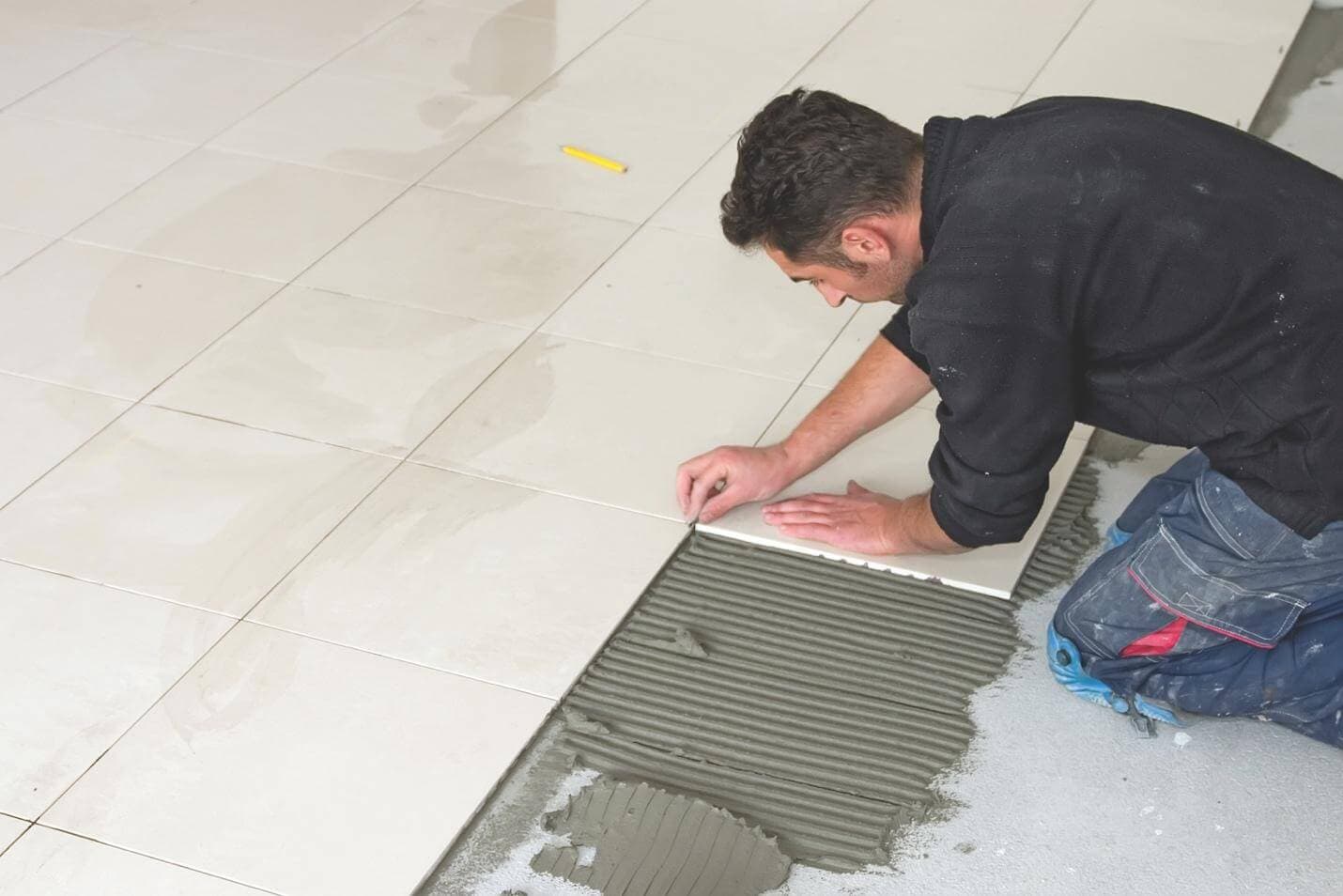In celebration of National Tile Day, we honored the craftsmanship of qualified labor by sharing video messages from tile industry leaders.
Bart Bettiga, executive director of the National Tile Contractors Association (NTCA), set the stage for our series by outlining three components of a successful tile project:
- Proper use of the materials
- Proper specification / how to lay out the job correctly
- Proper installation
“Without any of those three components, we don’t have a successful tile project,” emphasized Bettiga. “Qualified labor includes certification, it includes training, and I think that qualified labor is why projects last for a lifetime.”
Scott Carothers, who heads certification and training for the Ceramic Tile Education Foundation (CTEF), stressed that getting information on industry standards and methods to the craftsperson is critical. “We have to get that information to them so that they can utilize that knowledge and equate that to the end of their hands and provide a quality installation that’s going to stand the test of time,” said Carothers.

With the experience of being a second-generation tile installer, Mike Corona of Corona Marble and Tile in Woodbine, Maryland shared that being qualified will exponentially increase your value in the tile industry. “It takes a willingness to learn, enthusiasm, drive, motivation, reliability, and respect,” added Corona. “And no two jobs are going to be the same. Every job is going to have its own unique nuances, that as an installer, you need to be able to communicate. And as long as you’re learning and you are qualifying yourself to meet an expectation and exceed that expectation, you will have endless opportunities.”
Nyle Wadford with Neuse Tile Service in Youngsville, North Carolina is an NTCA five-star contractor who believes that using qualified labor results in professional installations. Satisfied customers are a direct correlation to the installer, their abilities, and their dedication to the craft. Ultimately, Wadford says, qualified labor “saves a lot of money on the back end.”
Wirtz Quality Installations has been setting tile in San Diego since 1972. Victor Fox and John Wirtz shared that qualified labor is the only way to get “a quality product to our customers and a consistency so that they know that if they hire Wirtz Quality Installations, they will get the quality they expect.”
Well-known for doing large malls, casinos, and resorts, Northern California Tile and Stone are Natural Stone Institute members, NTCA five-star certified contractors, and have a CTEF-certified crew. They offer full medical and dental insurance plus retirement benefits to their employees. Roger Leasure explains that their success comes from providing a professional workplace for employees and skilled craftsmanship for clients who know that “when we show up on a massive project, we’re going to blow it out quick and it’s going to be done fast and it’s going to be done safe.” Leasure speaks of qualified labor as a combination of technical ability and creativity. “It has to be perfect,” he says.
Building a team of winners is exactly what J&R Tile in San Antonio, Texas has done. Erin Albrecht and Christine Kotara make sure to spend time educating the architectural and design community on why qualified labor is important in order to do your best on every project. “We take a lot of pride in who we are,” says Albrecht. “And we are trying to get better every day by educating our staff and employees.”
These experts from the tile industry illustrate the importance of qualified labor for craftsmanship, professionalism, and consistency for beautiful, enduring, and successful tile installations and a successful career in the tile industry.
We want to hear your stories of success. Contact Cindy Smith (csmith@tileusa.com) for information on how to become a part of our Qualified Labor series!




